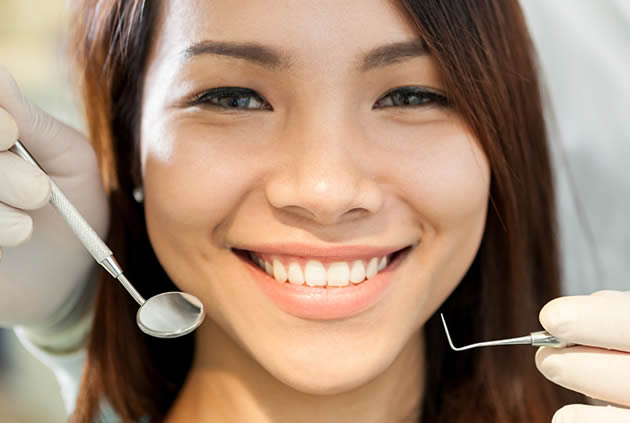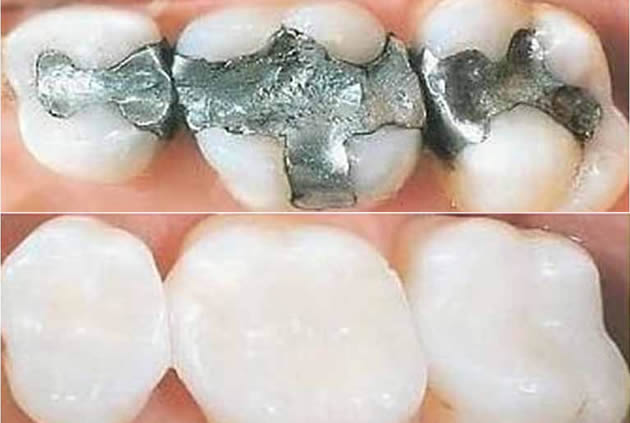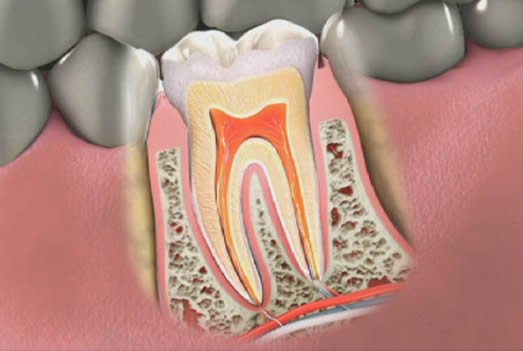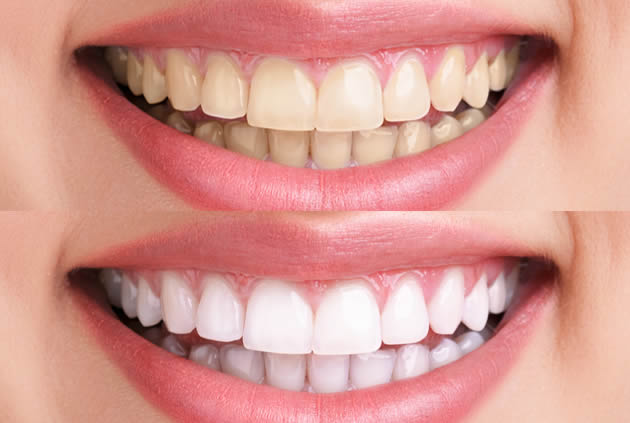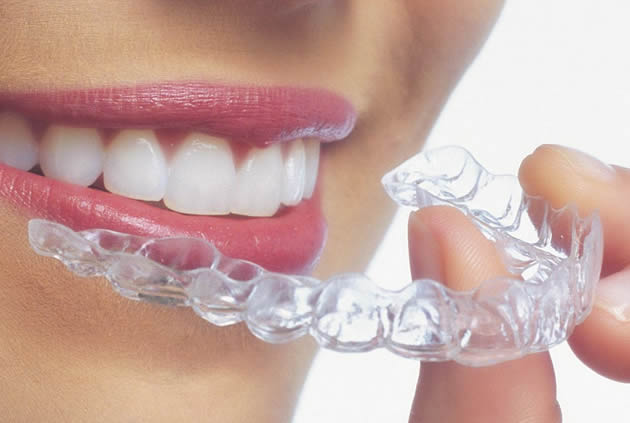TMJ Treatment
An estimated 10 million Americans suffer from TMD. Caused by strenuous physical activities, stressful situations, overuse of the muscles, and grinding of the teeth, temporomandibular disorder (TMD) results in discomfort for people with this disorder This condition occurs because of dysfunction with the temporomandibular joint (TMJ), the joint that makes it possible to chew. This joint allows your jaw to open and close, and allows jaw movement forward, backward, and sideways. The TMJ only works properly if the lower jaw and its movements are synchronized.
What is TMD?
TMD affects jaw muscles, the temporomandibular joint, and nerves where movements become out of synch, which can lead to headache or neck pain. It can also result in sensitive teeth, injured soft tissues, muscle soreness, and jaw discomfort. Other symptoms include ringing in the ears, facial pain, difficulty opening and closing your mouth, and jaw locking when talking, yawning or eating.
Getting Help
Your dentist can recommend treatment for TMD. A nighttime mouth guard can help stop the teeth grinding. More severe cases can treated with physical therapy, ice and hot packs, and posture training. TMD is usually cyclical and may return when the patient experiences stress.
Questions about TMD
Can’t I just use a store-bought mouth guard?
If your dentist determines that you need a mouth guard, you need an appliance that fits your specific bite. Using any other device can actually do more harm than good.
Is surgery my only option for TMD treatment?
In about 95 percent of cases your dentist can recommend non-surgical treatment for TMD. Strengthening exercises, massage therapy, reducing stress, and mouth guards are a few of the options available to decrease symptoms and relieve your discomfort.
What causes TMD?
When your TMJ are out of sync, the associated muscles get fatigued and the nerves become strained. Common causes of TMD include stress, trauma, teeth grinding, arthritis, improperly fitting dental work, and posture issues.
TMD (Temporomandibular Disorder) and most headaches are often due to an imbalance within the neuromuscular system of the head and neck region of the body. All of the muscles, including those controlling jaw movements act in concert to maintain a healthy postural relationship between the head, neck, and spine. When any of these muscles are strained whether from injury or malocclusion the synergy is destroyed resulting in an overtaxation of the neuromuscular system and chronic headaches/TMD.
We have been extremely successful in helping patients who suffer from these symptoms by providing relief from the associated pain without the use of drugs. By properly analyzing the neuromuscular imbalance and the utilization of proven therapies such as cold laser treatments, trigger point massage, warm ultrasound therapy, and occlusal equilibration we can restore the proper neuromuscular balance thereby providing long term relief from the pain. If you have chronic headaches, pain around the TMJ areas, ringing in your ears (tinnitus) please realize there are proven safe methods to relieve these symptoms. Call for a consultation to learn how we can help you and greatly improve the quality of your life.







